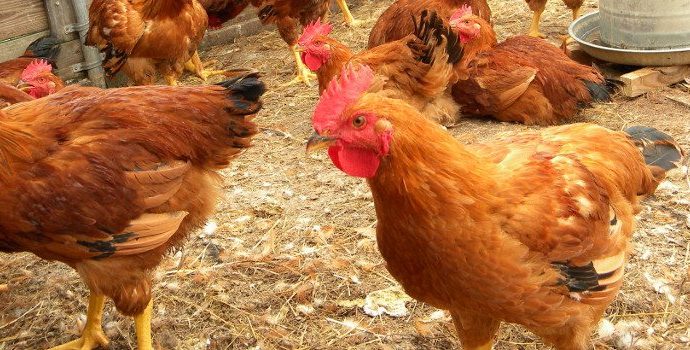Budget Measures Support Farming and the Rural Economy

IFA President Eddie Downey has welcomed the further progress made on farm taxation measures in today’s Budget, in particular the introduction by the Government of measures on farm succession to encourage a new generation of farmers to get involved with their parents in the business at an early stage. He said a tax credit of €5000 per year for five years was significant and would help farm families deal with the real challenges of inter-generational transfer.
Read the IFA Budget 2016 report
The IFA President said the income tax credit of €550 for farmers and the self-employed, while long overdue, was very welcome and must be built on in future budgets. He said that the Association has long campaigned to have this unfairness in income taxation for farmers and self-employed addressed.
Eddie Downey said the changes to the taxation for farm forestry was welcome and a necessary measure to assist in the efficient harvesting and re-planting of farm forestry.
Mr Downey said the increase in the threshold for Capital Acquisitions Tax to €280,000 starts to reflect the increase in the value of assets, but much more needs to be done in future Budgets. He said the rollover of all existing farm tax reliefs for three years, including stock relief, is important for investment on farms.
Eddie Downey said the increase in funding for agriculture for next year to €1.3bn will ensure that farmers entering new schemes under the RDP will finally get much-needed payments after years of cuts.
“The Minister will be accepting an additional 13,000 applicants into GLAS next week, bringing the total this year to 40,000. However, the Minister needs now to accept the remaining applicants to bring it up to 50,000 as soon as possible and address farmer concerns following recent changes to the GLAS scheme. Sheep fencing and grain storage will be included in the next tranche of TAMS with funding allocated of €35.8m.”
Mr Downey said the general changes to the income tax and USC and the increase in social payments, especially for older people and young families, will all help after some difficult years of spending cuts. However, employers in some sectors will have difficulty in finding the extra resources to meet the new minimum wage increase for next year and he warned that retailers and other purchasers of food will have to reflect this in the return to their suppliers.




